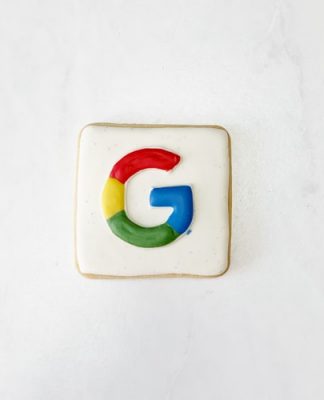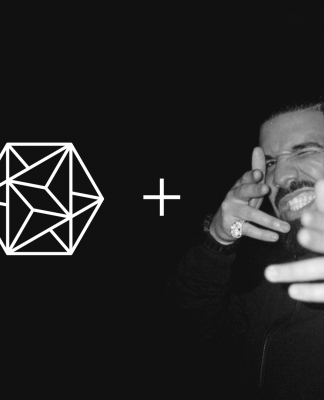There are so many ways to advertise a business—from TV commercials to billboards, to radio campaigns, to ads on buses, to online advertising and SEO, the advertising world is always changing and adapting.
Since the internet burst onto the advertising scene, the vast majority of businesses have pivoted their focus to online advertising—from Facebook ad campaigns to ads on Amazon, it’s become the primary advertising focus for most businesses today.
However, there’s another form of advertising that can actually yield the same, if not better results—experiential advertising.
What is it?
Experiential advertising is advertising that happens offline, in the real world. It offers people a chance to engage with a product using multiple senses—it also provides an experience for the potential consumer.
Part of why it yields success is it allows the consumer to create a memory associated with the product—if the marketing team has done their job, it will be a positive memory, which increases the likelihood of the person buying the product.
Think about the last Facebook or Google ad you saw; do you remember it? Probably not. However, with experiential marketing, it allows advertisers to get creative, and come up with ways to engage potential consumers in a memorable way.
Standing Out
Choosing to go the experiential marketing route give businesses a chance to stand out from the rest of the competition.
By choosing to go out into the world and engage the public, it not only sets them apart, it provides the opportunity to gain the attention of media influencers and reach more people organically than a paid advertisement could online.
It also increases the likelihood that the people who take part in the experience—whatever it is—will remember the product and possibly even buy it.
The way media works today, we’re constantly inundated with advertisements, and it’s become incredibly easy to tune them out (do you remember the last commercial you saw?).
One of the best ways to appeal to consumers is to be different than the competition, which in turn, makes the product more memorable.
Cheaper Alternative
Experiential marketing can also generate similar views to a traditional advertising campaign for a fraction of the cost.
Think about it—a business can set up an experiential marketing campaign that gets noticed by a group of influencers on social media; they take part in the experience and post about it to various platforms such as Facebook and Instagram, and the video goes viral.
The result is thousands and possibly millions of eyes on the business’ product without having to pay for advertising space. Think about how much some companies will pay for that—a Superbowl commercial, for example, could have the same reach but costs an exorbitant amount of money.
Experience
Another benefit of experiential marketing is the ability to allow consumers to actually try the product. Even though nearly anything you could possibly want is available online, what hasn’t changed is the consumer’s propensity for trying a product before purchasing it.
Experiential marketing provides that opportunity for potential consumers, while also creating a memorable experience for them that can help entice them to purchase the product which they already are familiar with.





